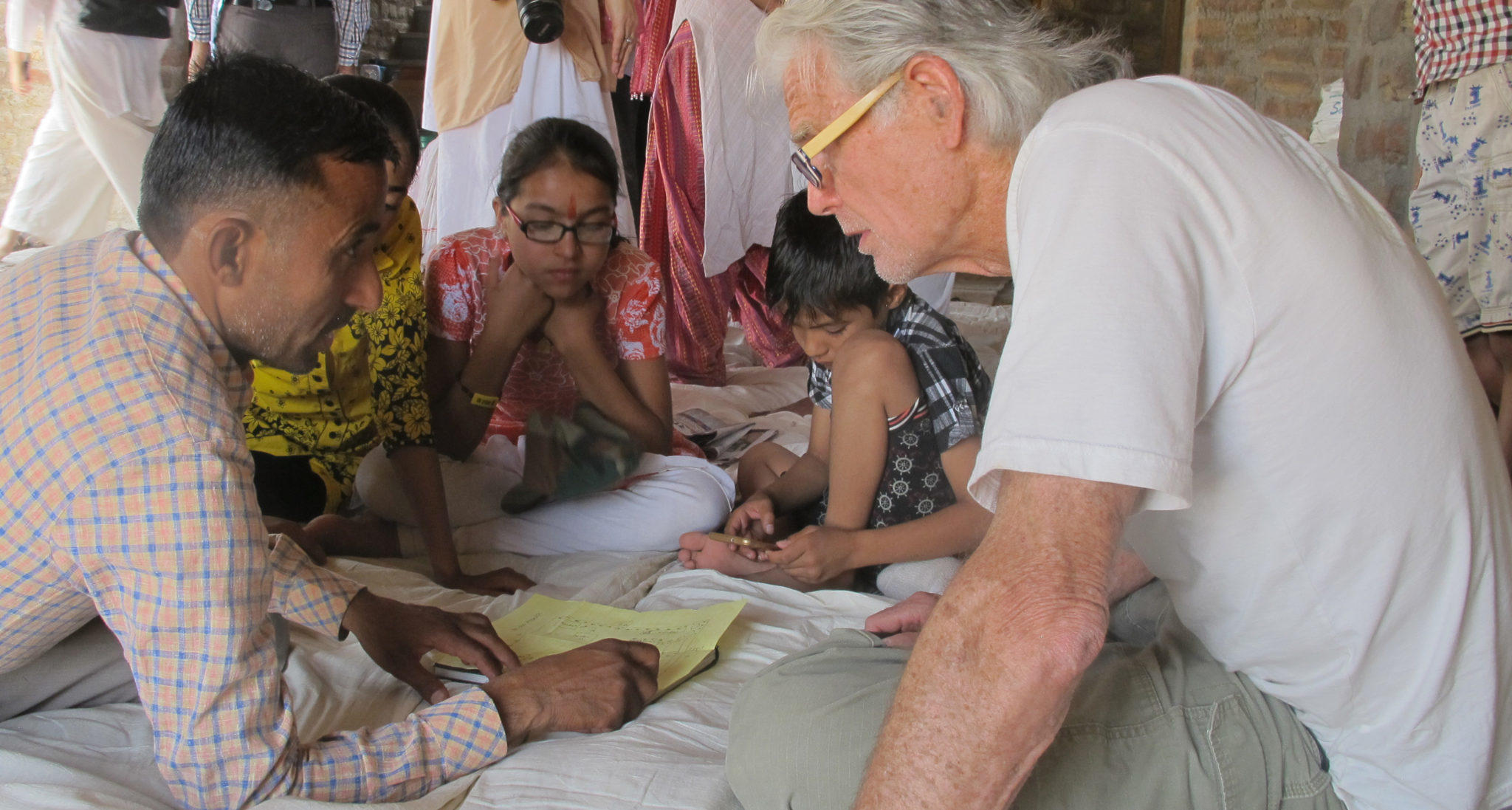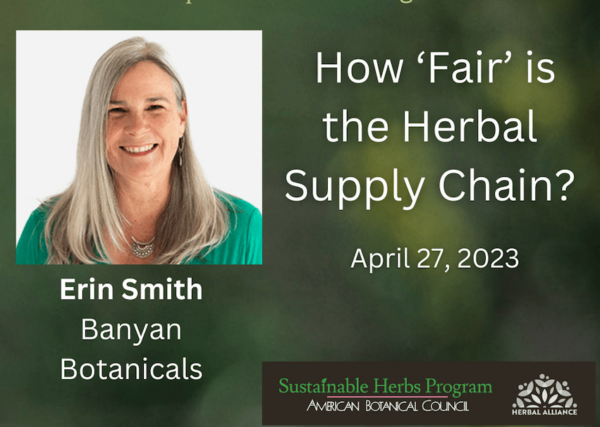Relationships and Sourcing

Why Fair Prices Matter
Diving Deep
What at Stake?
Urban migration is considered one of the greatest threats to the future of the botanical industry. Producing botanicals is arduous work. Those harvesting and growing medicinal plants typically make the least amount in a long supply network. Much of this work is seasonal. Unlike coffee growers, herb farmers and wild harvesters are working with numerous species. This makes it difficult if not impossible to make a living from any single species.
The trading relationships, systems of decision making, and ways of negotiating prices and contracts that shape the herb industry today are an outgrowth of those established by European colonial traders. These systems were–and often still are–inherently unequal. Individuals in producing communities often lack the resources and power to negotiate better terms of trade.
A key challenge for the botanical trade is to demonstrate that contemporary trade relationships can actually benefit all stakeholders.
Best Practices
Longterm Relationships are Essential for High Quality Herbs
The only way to ensure a consistent supply of high quality raw material is to know where your herbs come from or buy from companies who do. These relationships take a tremendous amount of effort and commitment from everyone at each step in the process.
This video, produced in 2017, follows Ben Heron and Sebastian Pole of Pukka Herbs as they meet with their suppliers in Karnataka, India. They explain what they look for in finding suppliers, why developing relationships is so important for the quality of the finished product and for sustainability overall, and the challenges that arise. Though neither Ben nor Sebastian are still working at Pukka, the points they make about the importance of relationships are still the heart of ensuring longterm supplies of high quality raw material.
Are Certifications the Answer?
Certifications are a stand in for relationships and there is a lot of debate over how fair fair trade actually is. Critics highlight the unfair parts, the ways power and resources aren’t shared or distributed equitably. Companies certified in some type of fair trade talk about the added price for certified goods, the value of premium funds, and other benefits that flow to producers, farmers, and wild collectors.
Like anything, the reality isn’t so clear cut. Fair trade certifications are imperfect tools to address challenging and intractable problems around global poverty and social and economic inequity. They are continuous improvement standards, which means they are a step in the right direction.
Living Income
Recognizing that the price increases from Fair Trade certified products was still not bringing communities out of poverty, companies and NGOs have been working together to develop the concept of living income.
Living income is an assessment of what a household needs to earn from all income sources to have a decent standard of living. A decent standard of living includes: food for a healthy diet, decent housing, money for essential needs such as clothing, travel, education for children, and a margin for unforeseen events such as health care needs or an unexpected crisis. The living income concept helps provide a tangible way to see and measure how people are doing and to begin to identify what needs to be done to improve.
Living Income in the Botanical Industry – A SHI webinar exploring how the living income concept can help address economic inequity in the botanical industry.
Key Points
- To learn more about the concept and how to measure it, visit the Living Income Community of Practice website.
- This video Promoting Livelihoods the FairWild Way explores the impacts of FairWild on a community in the northwestern Ghats in India.
- For more information on addressing power and equity in global supply networks, see the resources in the SHI Toolkit.
What To Do?
1. Let Companies Know You Care – send this letter to your favorite companies!
3. Buy Certified Ingredients
Blog Posts Related to Relationships and Sourcing
How Fair is the Herbal Supply Chain?
Fair certifications are slowly gaining more momentum in the herb...
How Fair is Fair Trade?
Select clips from the SHP webinar, co-hosted with the FairWild...
Equity in the Botanical Industry
SHP has recently made a commitment to The J.E.D.I. Collaborative...
Biodiversity Conservation and FairWild
Anastasiya Timoshyna, Senior Programme Co-ordinator for Sustainable Trade at TRAFFIC,...




